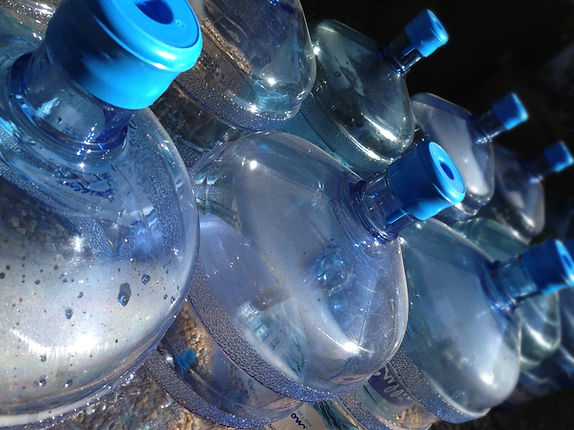
Why is being VEGAN the environmentally-conscious thing to do?
One quick Google search will provide you with a myriad of reasons to go vegan for the environment. But if you want a quick, no-frills list (in no particular order), take a look at these 7 reasons below. Intrigued and want more information? We've provided our sources at the bottom of this page, and of course, we're happy to answer any questions you may have!
1.
FIGHTS CLIMATE CHANGE. Livestock and their byproducts account for over 50% of all greenhouse gas emissions worldwide. This includes immense quantities of many gasses, such as nitrous oxide and methane, which have a much higher global warming potential than carbon dioxide. Just to list one example, cows fart 150 billion gallons of methane per day, and methane has a global warming potential that is 25-100x that of carbon dioxide. The good news? If we reduced our methane emissions, we would see the results almost immediately.
2.
CONSERVES WATER. Crops grown for livestock account for 56% of all water used in the U.S. And that doesn't even account for water used within the slaughterhouses. In total, about 2,500 gallons of water are needed to produce 1 pound of beef, 1,000 gallons of water are needed to produce 1 gallon of milk, and 477 gallons of water are needed to produce 1 pound of eggs. Looking for an alternative? Plant-based proteins such as beans take just a fraction of this amount of water.
3.
REDUCES AIR POLLUTION. Animal agriculture accounts for more air pollution than the entire transportation sector combined. And on the flip side, if we were to grow more plants... think photosynthesis! Plants actually remove pollutants from the air.
4.
PROTECTS FORESTS AND RAINFORESTS. Livestock covers 45% of the Earth's total land, but if the entire world went vegan, we would only need 1/18 this amount of land to produce our food. Currently, animal agriculture is the leading cause of habitat destruction. For example, it is responsible for over 90% of the Amazon's deforestation. This then leads perfectly into the next point...
5.
PRESERVES ENDANGERED SPECIES. Rainforest destruction causes the loss of up to 137 species per day, and factors like this contribute to animal agriculture's position as the leading cause of species extinction. In fact, we are currently in the middle of the sixth mass extinction -- the first one ever caused by humans. We can't bring back species we've already driven over the edge, but we can protect the ones that are clinging to life today.
6.
SAVES THE OCEANS. It's estimated that we may have fishless oceans by 2048 due to overfishing. Furthermore, for every 1 pound of fish caught, up to 5 pounds of marine species are unintentionally caught and discarded. This includes dolphins, whales, sharks, seals, and more. And to add even more on top of this, 78% of non-food items found inside dead sperm whales is fishing gear, which suggests that fishing is a bigger ocean pollutant than other plastic waste. Moral of the story? Skipping plastic straws is good, but going vegan is better.
7.
FEEDS THE PLANET. We are currently producing more than enough food to provide for every human being on Earth, so why are people still going hungry? Well, at least 50% of all grain is fed to livestock, and cows consume 135 billion pounds of food per day. In comparison, humans consume only 21 billion pounds in the same time frame. That means that if we stopped raising animals for food, we'd have an easy solution to world hunger.



AND TO WRAP IT UP:
Each day, a vegan saves 1,100 gallons of water, 45 pounds of grain, 30 square feet of forested land, 20 pounds CO2 equivalent, and one animal’s life.




SOURCES
https://www.cowspiracy.com/facts (this page includes links to numerous scientific articles)
https://www.ecowatch.com/diet-climate-change-2435942459.html
https://www.globalcitizen.org/en/content/9-reasons-why-veganism-can-save-the-world/
https://www.nrdc.org/onearth/single-discarded-fishing-net-can-keep-killing-centuries


